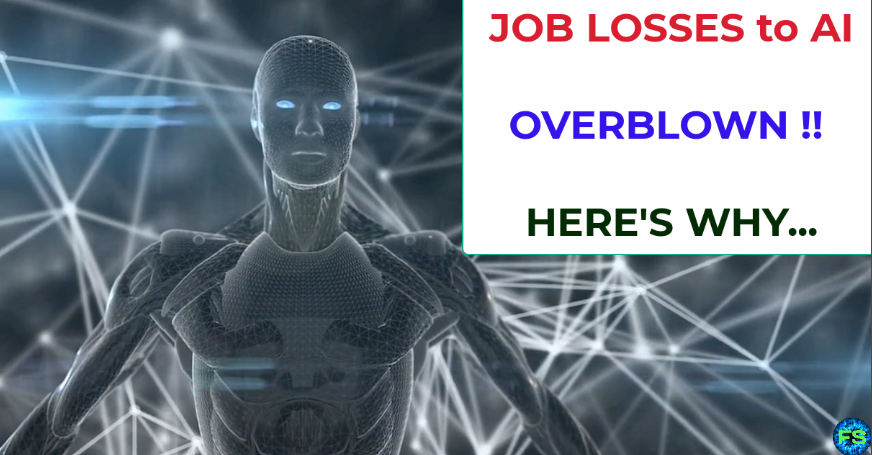There is no shortage of news articles, Youtube videos, and other publications making the somewhat compelling but extremely simplistic argument that AI and Automation will take most of our jobs, up and down the value chain. Five to ten years ago the prevailing argument was that white-collar workers were somewhat immune and that mostly blue-collar worker jobs would be impacted by Artificial Intelligence. After the release of #chatgpt in late 2022 and realizing the coding and other advanced capabilities of the underlying #gpt4 model, LinkedIn co-Founder + Executive Chairman, and Microsoft Board Member Reid Hoffman popularized the idea of a software or #githubcopilot; since then, the argument appears to have shifted that even software developers are not immune and likely the first to be replaced.
The only argument that truly made sense to me was the idea of a Software Copilot or Copilot-X, made by Hoffmann, all other inferences and arguments about job losses are misplaced and misleading in my view, myopic at best, and not consistent with our past experience of social and technological change and societal transformations. The arguments are heavily biased on one side of the ledger only, about what the job losses are likely to be, without sufficient attention to the yet inconceivable services and products, which will be created and demanded by us, and what it would take to support all the new service and product categories.
Without looking at both sides of the job loss and creation ledger, we are telling just half the story, at best. This is perfectly fine, as imagining the unimagined is somewhere between incredibly hard to impossible; and not dissimilar from having to imagine or articulate all the new employment categories that came into existence over the past 20 yrs, from the vantage point of the late 90s, for instance. While this is understandable, we need to acknowledge the part of the story not being told today and look at this challenge in a measured and holistic manner, so that we can collectively make informed decisions about how to best manage the impacts on individuals and society at large.
In order to glean insights into how today’s Automation and Artificial Intelligence technologies and advancements might affect the job market, I think it makes sense to first take a look back at what really happened through each of the past industrial revolutions in terms of (A) jobs lost and created (B) how it impacted the economy (C) how we adapted, and (D) how the series of innovations and technology disruptions (over the past 70 years or even over 200+ years) impacted society, new employment categories and the broader employment market.
Here’s a video that examines the past, in order to shed some light on what it may tell us about the future of jobs. Enjoy, and please share your comments, thoughts, fears, or hopes, on this important subject, directly below the video.

